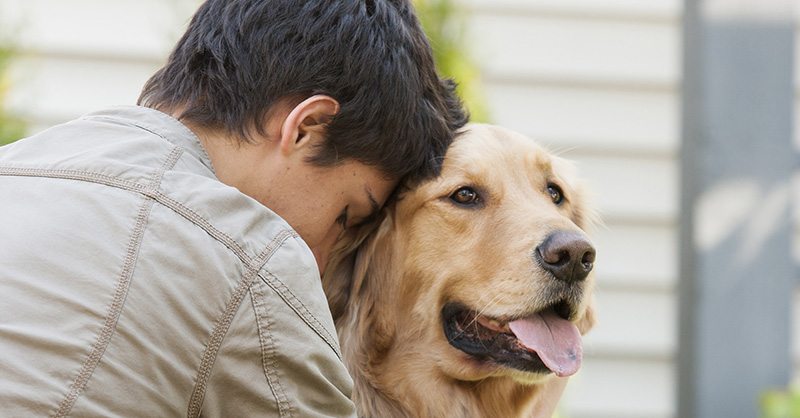Social workers have a history of working in diverse environments, helping individuals, groups and communities restore or enhance their capacity for social functioning. Recently, a new environment has been added to list of places where you might find these health care professionals: the veterinary office or animal hospital.
The traditional work environments for social workers include:
- Schools
- Hospitals and other health care settings
- Mental health and substance use clinics
- Senior centers and other aging services organizations
- Private practice
- Prisons
- Corporations
- Military
- Social services agencies
- Elected office and policy advocacy organizations
Within the past decade, veterinary offices and animal hospitals has been added to this list as people begin recognizing the depth of the human-animal bond. Working together, veterinarians and social workers can ensure both animal and human needs are met.
The University of Tennessee – Knoxville Veterinary Social Work program prepares social workers to counsel owners and their families through treatments. Along with helping them make hard decisions about how long to provide treatment, those who graduate from programs like this can also help communicate about pets’ health with family members. According to Elizabeth Strand, director of the program, veterinary social work “…is truly a marriage between the two professions.”
When chronic illnesses or severe injuries place a financial burden on pet owners, veterinary social workers help prioritize treatments and guide families as they make hard decisions about how long to provide treatment. Once a pet has passed away, social workers can help talk through the grieving process. If a pet passes on while family members are out of town, these health care professionals can help communicate the loss. 
“At the end of every leash is a human, and every person who walks into the clinic has a unique set of circumstances and bond to their animal which influence their treatment decisions,” Brittany McPherson, a veterinary social worker, told the American Veterinary Medical Association. “My work’s important because as a social worker, I am trained to know how to take all these factors into account when working with clients.”
The support offered by veterinary social workers can help families work through many complications that arise for an animal in poor health. If you love animals and want to promote wellness for their people at the same time, explore becoming a veterinary social worker.

